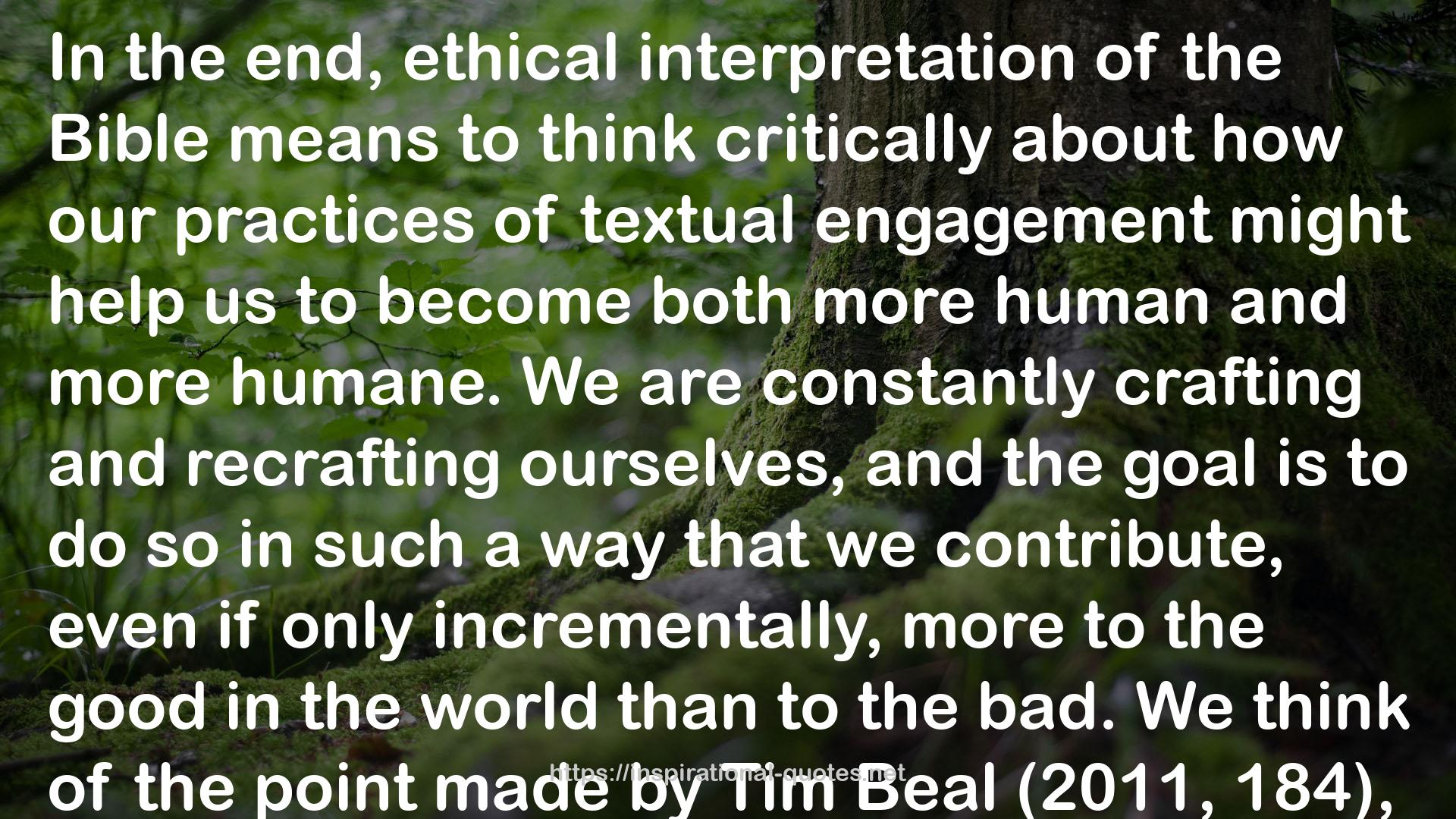An Introduction to the Old Testament: The Canon and Christian Imagination QUOTES
SOME WORKS
- Edison
- Rebel Cities: From the Right to the City to the Urban Revolution
- Paris, Capital of Modernity
- Marx, Capital and the Madness of Economic Reason
- Gift of Magic (Nine Kingdoms, #6)
- One Magic Moment (de Piaget, #11; de Piaget/MacLeod, #17)
- Stars in Your Eyes (de Piaget, #14; de Piaget/MacLeod, #21)
- A Tapestry of Spells (Nine Kingdoms #4)
- Dreams of Lilacs (de Piaget, #13; de Piaget/MacLeod, #20)
- The Art Of Winning: It's Time You Rediscovered Your True Powers

